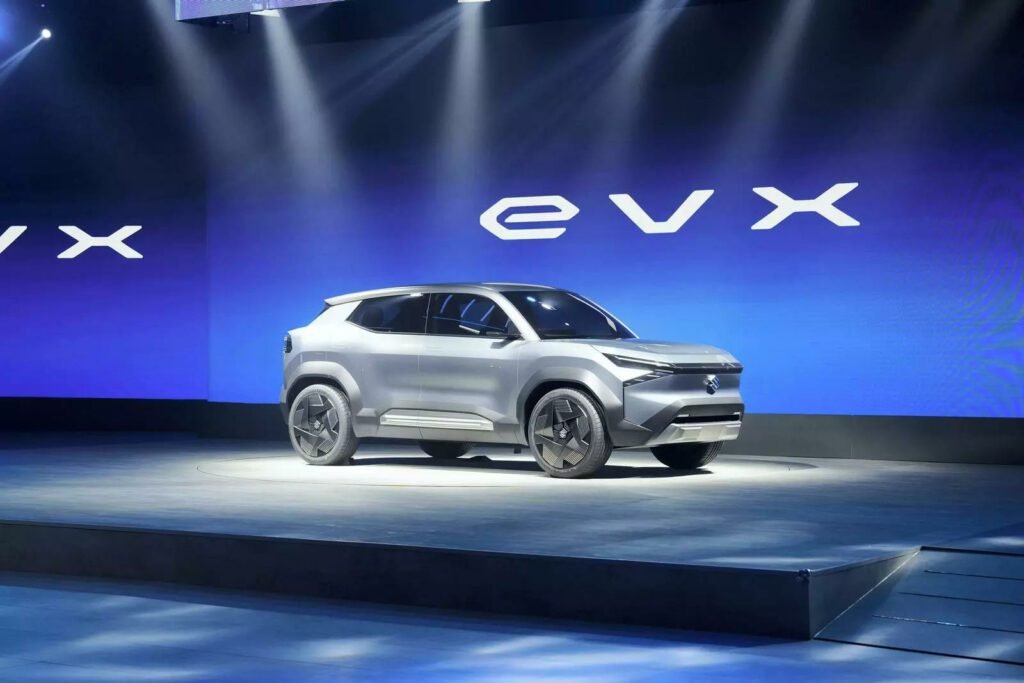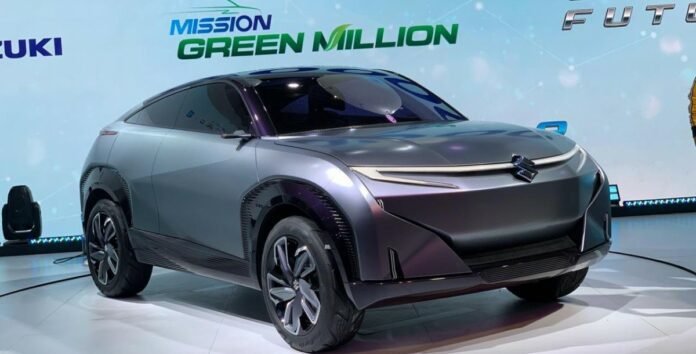When determining its growth plan for this decade, Maruti Suzuki India is placing its bets on electric and hybrid vehicles. The market leader in passenger vehicles intends to introduce six electric models between now and 2030, particularly in the SUV category, and a hybrid vehicle within the next two months.
Future Plans for Maruti Suzuki
Chairman RC Bhargava stated that Maruti Suzuki India would “introduce 6 different models of electric vehicles by the end of 2030” after the release of the company’s FY2023 and Q4 results. Even though we are expanding into other categories, the majority of the electric vehicles we have in the future will fall into the SUV category. Expect Maruti’s electric products to command a sizable portion of the market.
In addition, the chairman made a hint that a hybrid product would be available shortly. He claimed that Maruti “will likely launch a three-row powerful hybrid vehicle that we will be sourcing from Toyota.” It will probably be available in the market in about two months and will be environmentally friendly. Maruti will “continue to work towards carbon neutrality,” he added. Along with electric vehicles, we’ll concentrate on CNG, hybrids, and ethanol.

Maruti ended FY2023 with the biggest annual sales volume ever, and the company’s annual turnover reached Rs 1 lakh crore. It reported a 43% increase in net profit for the fourth quarter, coming in at Rs 2623 crore while operating revenue increased by 20% year over year to Rs 32,048 crore. However, because of the chip shortfall, the company’s sales for FY2023 fell 34,000 vehicles shy of the 2 million forecast.
Despite these challenges, Bhargava anticipates robust sales moving forward: “In FY2024 we will continue to have semiconductor concerns, but the next three quarters will be better than Q1. With the introduction of so many new models, I believe Maruti Suzuki will outperform the industry’s predicted 6-7% growth rate. In this fiscal, we will easily surpass the 2 million mark.
Another area where Maruti Suzuki is placing significant bets is exports. “Exports increased to 2.59 lakh units, and we maintained our position as India’s second-largest auto exporter. We predict that shipments could total up to 750,000 units by 2030,” Bhargava continued.


